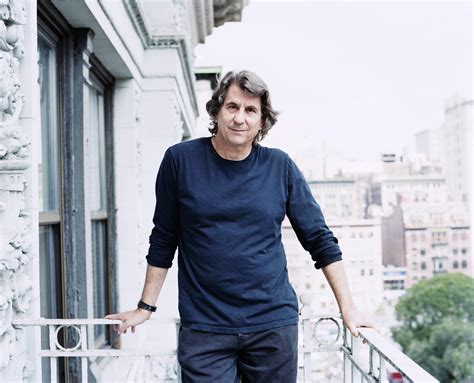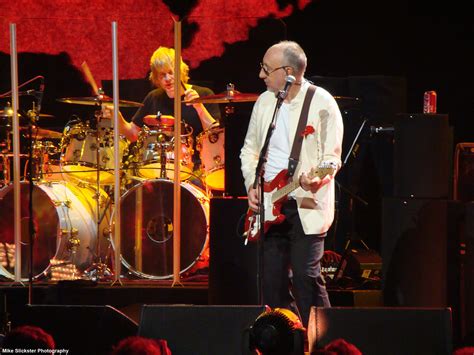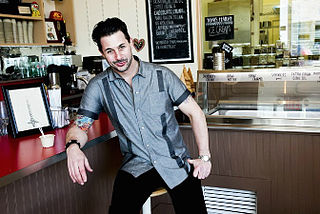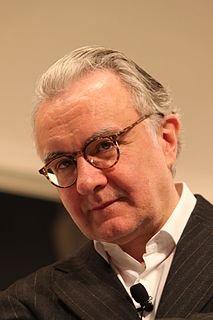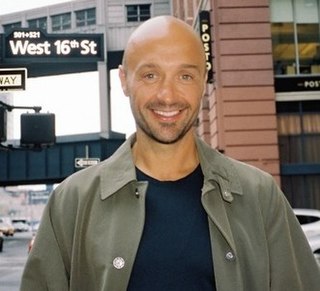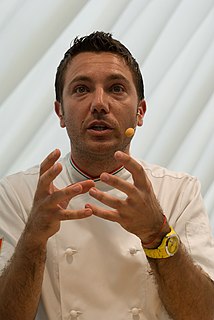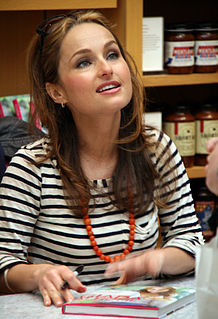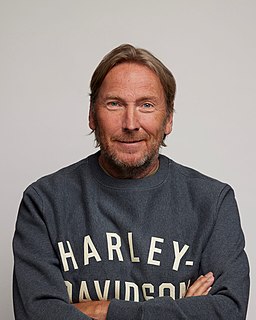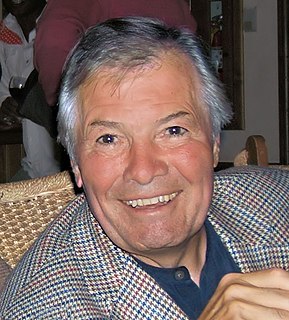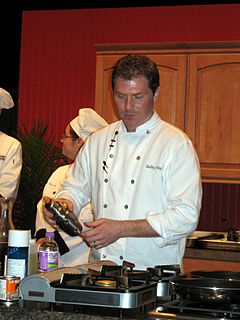A Quote by David Rockwell
The design of a restaurant should embrace the identity of the chef, the nature of the cuisine, and the context of the restaurant itself.
Related Quotes
There is often with restaurant reviews in particular, I think, this kind of impulse to be deferential and bow down to the greatness of the restaurant and the greatness of the chef, and then with great regret to say, "And yet, all is not as it should be in the kingdom," and I didn't want to do any of that.
I think a lot of people overlook the importance of the menu as a marketing tool and a way of communicating to the customer what the ambition of their restaurant is. Not only the typeface and the design, but what is it printed on? Is it cheap-looking? Is it the right kind of paper for that restaurant?
I don't get the animosity when someone tells a joke that you don't like. Whereas if someone made a dish that you don't like if you went to a restaurant, you would either try another dish or you just don't go back to that restaurant. But you don't say like, "I did not like the hamburger here. This restaurant should be shut down. It should be banned from making hamburgers. No one else should have these hamburgers." And everyone else is like, "No, you wouldn't do that."
Many chefs of a certain caliber do not see me as a chef. I don't have a restaurant. They see me as a TV food personality, not a chef. I've gotten respect, trust me, they respect me, but I think that I can't hit that particular level of respect from them until I have a successful Vegas restaurant that not only makes money but creates unbelievable food and a fabulous experience. I don't think people think I can cook, and they don't think I know what the hell I'm doing.
You know, my parents had a restaurant. And I left home, actually, in 1949, when I was 13 years old, to go into apprenticeship. And actually when I left home, home was a restaurant - like I said, my mother was a chef. So I can't remember any time in my life, from age 5, 6, that I wasn't in a kitchen.
